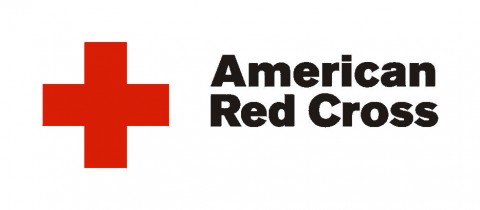
Who would have guessed that giving blood would be a privilege? The Food and Drug Administration has very specific guidelines to insure healthy donations are collected at any blood drive in the country. The extensive reading, questioning and waiting can literally take hours – as I learned from experience this past Tuesday in an attempt to “save three lives,” just to be rejected. Surely my rejection was called for, having pierced my own ear within the past year, but many others were rejected along much more controversial criteria. A significant portion of the required reading was dedicated to sexual activity, specifically male-on-male. In an attempt to ward against HIV-contaminated donations the FDA ignorantly excluded all gay men from donating even if they had protected sex, blood tests declaring them HIV negative and, in rare cases, if they participated in gay sex at all.
In a recent controversial event in Gary, Indiana, a self-acknowledged “effeminate yet heterosexual” man was rejected on the basis of “appearing to be a homosexual.” Amidst the social war for gay rights, the federal board upheld the scientifically, medically and statistically inaccurate restriction against homosexual blood donations. Gay men are no longer the leading demographic in spreading HIV, yet the health rules have not been adjusted to the shift in high-risk groups. So, are these restrictions held up for public safety, lack of initiative or plain prejudice? Hope for this country’s social progress looks slim when discriminatory laws are held up with little resistance. My doubt subsided, though, when I brought up this topic at Spectrum, a club dedicated to ending homophobia, and received heated responses. One of our fellow classmates was rejected when he asked if being gay would automatically disqualify him. The answer was yes. Many voices spoke out in anger against this injustice that occurred so close to home. Protest on campus against the unfair restrictions seems close at hand as Spectrum leaders suggested fighting back.
It is not solely a homosexual issue though. While at the blood drive, I asked a nurse what her personal opinion was on HIV restrictions. “You and I are just as likely to have HIV as any gay guy,” she said. “It is ridiculous to think AIDS is a gay disease.” When I asked her if there was a way to make the safety precautions more accurate, she said, “All the blood is tested for HIV anyway. There is only a six-month window where the antibodies don’t show up. Time restrictions should be adjusted to this scientific fact – and apply to everyone.” So even the people administering these ridiculous rules believe them to be ridiculous. According to a UCLA School of Law study, putting a one-year instead of a lifetime ban on homosexual donations would yield an estimated 89,000 pints annually in the United States alone.
However, even this dramatic increase in potentially life-saving donations only addresses a small portion of rejected candidates. Talking to disappointed students across campus, I heard a lot more uncalled for “health” restrictions. Many students, such as Swiss-American citizen Mike Picard, were disqualified from donating blood due to living outside of the country for five or more years. “It’s farcical that I come from a country with a better health care system than the US and I’m not eligible to give blood,” he said. Another healthy student who was excited to donate complained of the absurd weight minimums for women under a certain height. She suggested, “Why do I have to save three lives? Can’t they take a little less and just save one life?” It seems like giving blood is a privilege, but is fair blood for all too much to ask for? •








